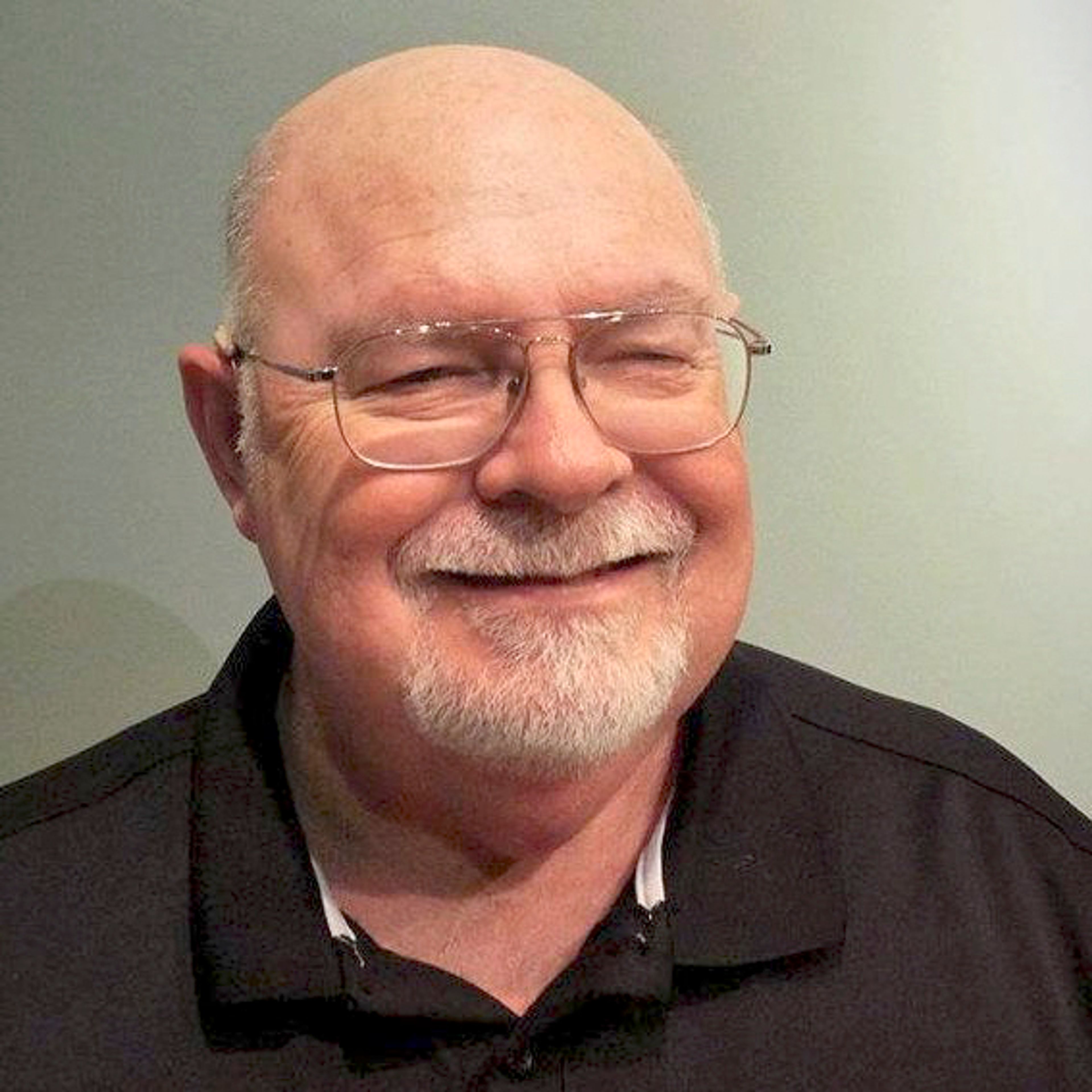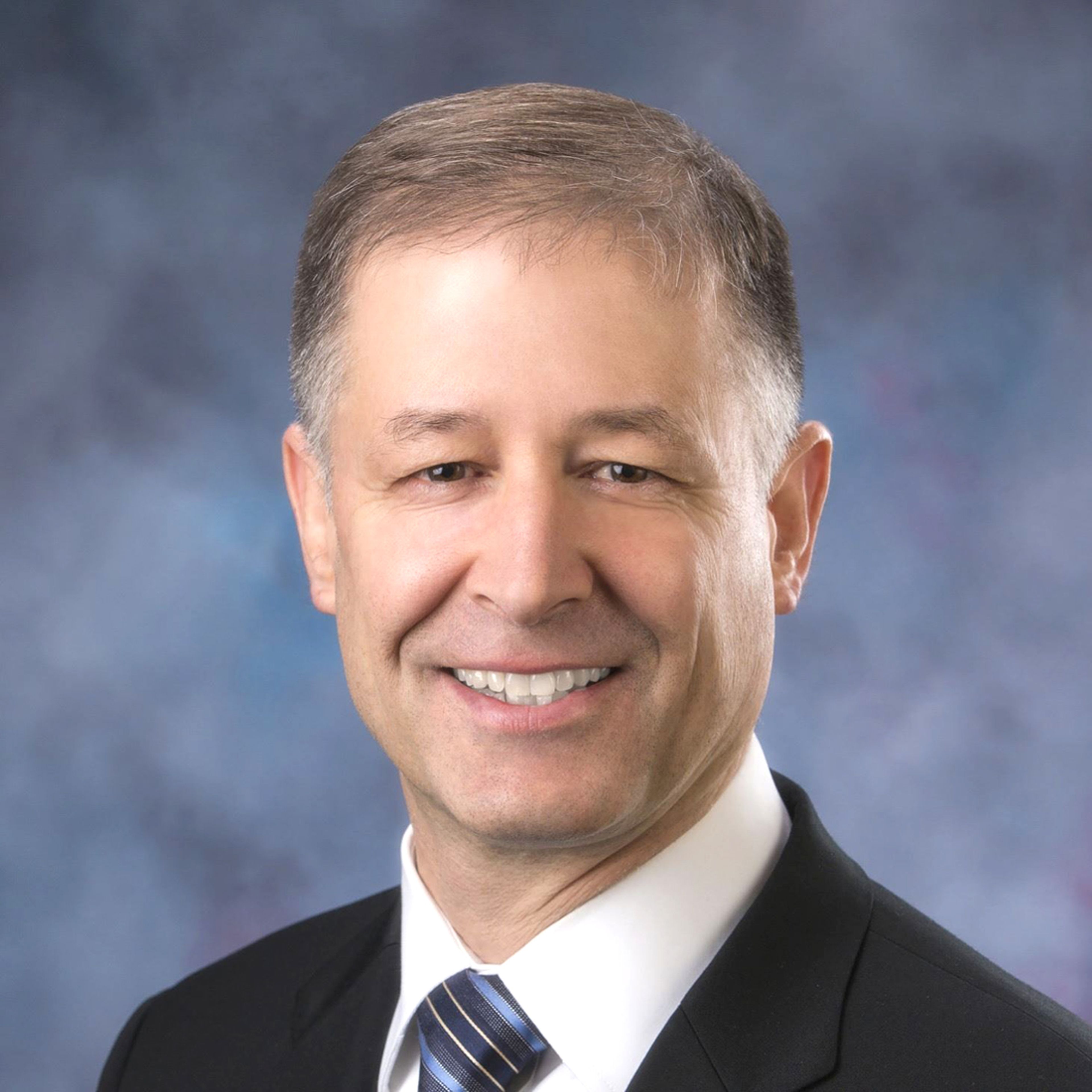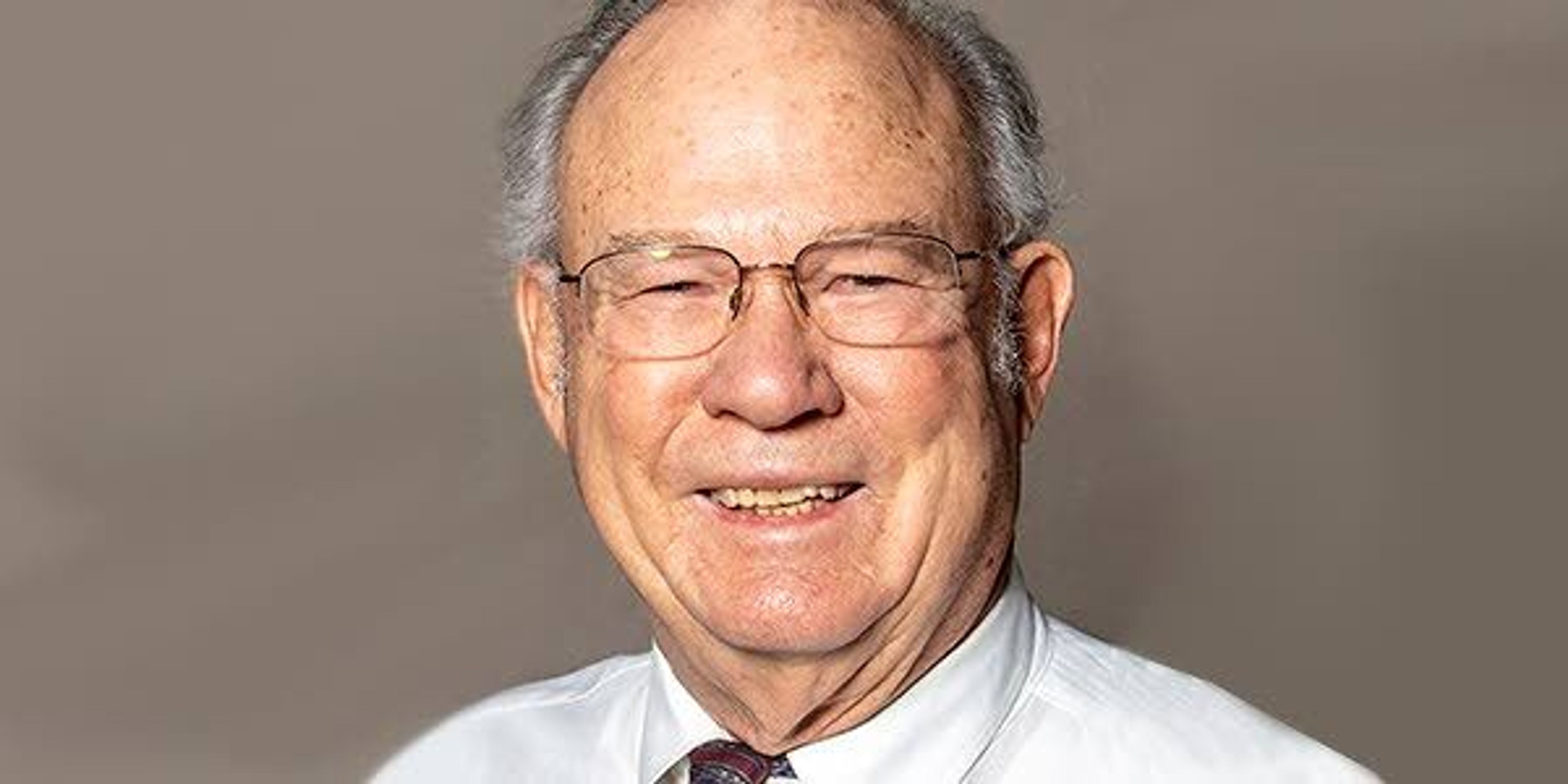Leaving the fate of the Loschsa headwaters unresolved is the worst outcome.
Finding a white knight to finance the solution would be the best.
Somewhere in the middle is the latest offering courtesy of the Idaho Department of Lands.
Western Pacific Timber owns about 39,000 acres of logged-over land held in checkerboard fashion along the headwaters. How do you manage an area where private and public ownership alternate section by section?
Want to build a road across U.S. Forest Service and WPT land?
How about closing one?
What should be done to check spring runoff that washes sediment from the lands and logging roads into the Lochsa, thereby undermining endangered bull trout and steelhead?
For its part, WPT wants to unload the property and acquire lands it can log. It wants to trade with the Forest Service. But if that alternative is blocked, WPT may eventually opt to subdivide its holdings.
Just about everybody found something to dislike about an administrative plan to exchange on a value-for-value basis. WPT's 39,000 acres for an estimated 20,000 acres of Forest Service timber lands. That would put recreation lands popular with the public in private hands.
Next came WPT's draft bill in which Congress would intervene. In return for its Lochsa holdings, WPT would acquire national forest properties in Idaho County. When the names on that list were revealed - even with WPT's assurance of continued public access - tempers flared. Sen. Jim Risch, R-Idaho, felt the need of a little extra security when he discussed the idea at a November 2015 public forum. The issue no doubt played into Idaho County Commissioner Jim Chmelik's primary election defeat the following year.
Perhaps the Land and Water Conservation Fund could come up with WPT's asking price. But that means waiting on Congress, which in the past has used the conservation fund to help mask the size of its budget deficits.
Maybe a national conservation group might acquire the area and put it into a trust. Even if such a pipe dream were to materialize, the land would go from private, taxable land to public - or nonprofit - tax-exempt property. So it does nothing to alleviate Idaho County's struggling property tax base.
As the Tribune's Eric Barker reported Saturday, the state lands department would offer something of a hybrid.
State lands would purchase the WPT acreage outright. Then IDL would trade with the feds. On a value-for-value basis, the Forest Service would exchange some of its lands in northern Idaho to acquire the Lochsa headwaters parcels.
On the up side, the land remains in public ownership.
That presumably assures continued access.
It also means that elected officials - from the governor on down to the local legislative delegation - will answer to local grievances.
But state ownership means more aggressive logging. IDL operates under a constitutional requirement to make money. Recreation? Wildlife? Habitat? All take a back seat to the mandate to make the maximum return possible.
Nor is the state subject to some of the environmental restraints imposed on the Forest Service.
The transaction likely won't make Idaho County Commissioner Skip Brandt happy. It doesn't matter who owns the land - the feds or the state. It still means fewer acres in private ownership and that equals a diminished local tax base.
What Brandt wants - a stream of revenue coming off the timber sales directly toward Idaho County schools and roads - is beyond his reach.
For the state to siphon timber profits out of its endowment funds would require not only an amendment to the state constitution, but a change in the federal act admitting Idaho to the union.
Where does Brandt expect to line up support from two-thirds of the Idaho House and Senate, a majority of Idaho voters and a majority in Congress?
It's early yet and there is every reason to be skeptical.
But at some point, you have to ask: Is anything better coming along? - M.T.








